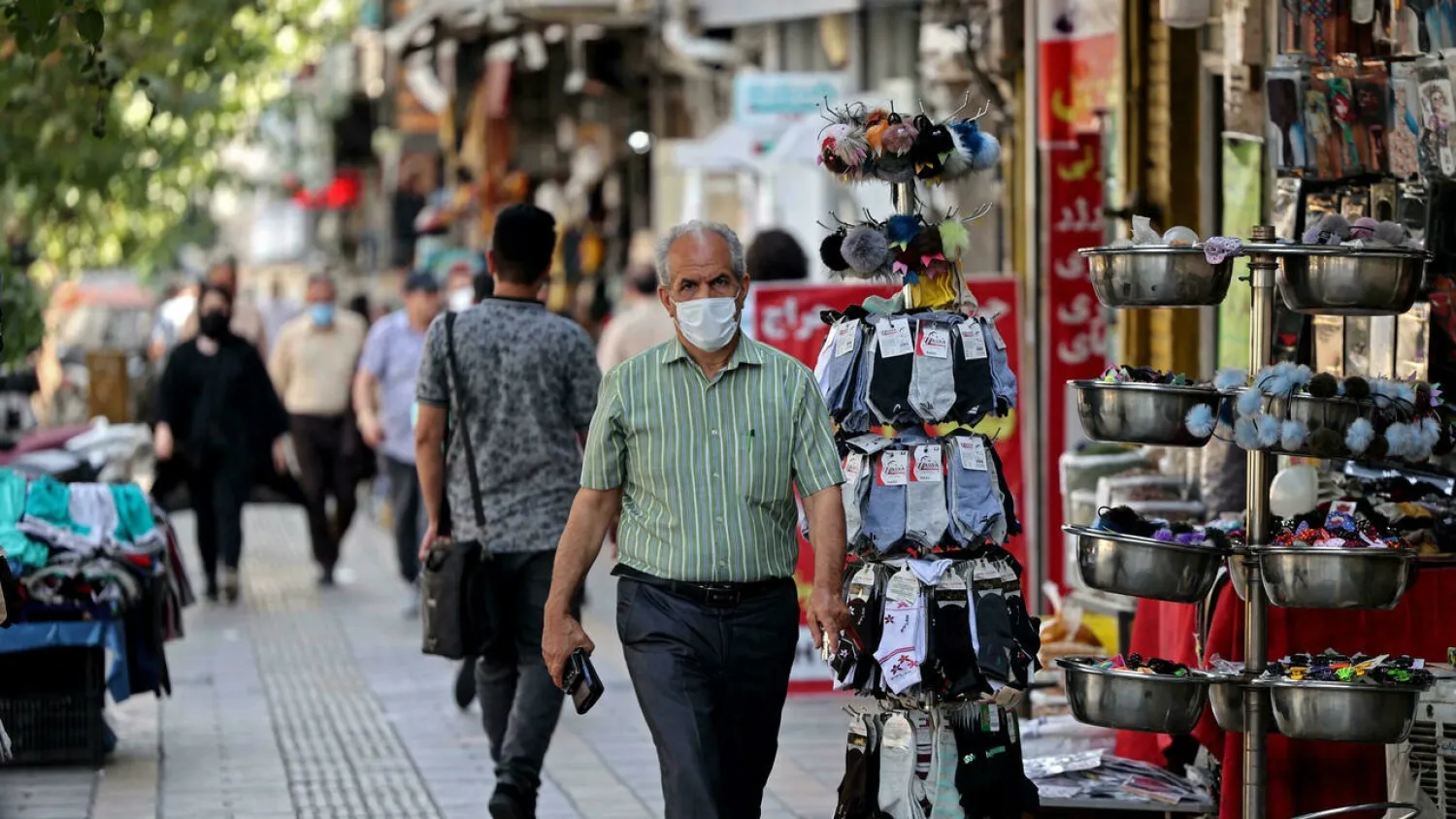Iranian President Hassan Rouhani apologized Wednesday for sweeping blackouts, blaming a searing drought he said had sharply driven up demand and virtually halted hydroelectric power generation.
Since last week, Tehran and Iran’s other major cities have experienced frequent power outages that authorities say may continue until late July.
Unconfirmed videos circulating on social media appear to show frustrated Iranians protesting the outages in several cities including Shiraz and Kazeroun in the south, and Amol and Kordkuy in the north, as well as Tehran.
Tehran resident Azam, a hairdresser, said she holds the government responsible for failing to “provide the basics” like electricity.
“It’s not like we’re asking for much,” she told AFP, complaining that the authorities “just ask the people to be patient and endure”.
“All our business requires electricity, and this (outage) has disrupted our life,” said private company employee Hamid.
The energy ministry has published schedules for rolling blackouts but many citizens and businesses have lost power unexpectedly in recent days.
“We regret the problems the people have had in the past few days,” Rouhani said in televised remarks at a cabinet meeting mostly dedicated to the power cuts, which have sparked a chorus of complaints.
“On the one hand, our output has dropped due to the condition of hydroelectric power plants, and on the other consumption has gone up,” Rouhani said.
He attributed the surge in demand to “industrial growth and extreme heat” as well as energy-intensive cryptocurrency mining operations.
In May, the government temporarily banned crypto mining for four months, but Iranian news agencies still report frequent police raids on “illegal farms” that authorities say use large amounts of subsidized electricity.
‘Unprecedented drought’
On Tuesday, Rouhani said Iran was facing an “unprecedented drought” with average rainfall down 52 percent compared to the previous year, bringing hydroelectric power generation to “almost” zero.
He called on the energy ministry to prevent any cuts outside of the scheduled blackouts of at least two hours a day.
Rouhani also blamed Washington’s punishing sanctions on Iran for choking investment in energy infrastructure.
“The result is having no capital, and then big projects cannot be done,” he told the cabinet. “Who would want to invest when the country’s risk goes up?”
Sanctions have left Iran facing its “most serious macroeconomic crisis” since its 1979 revolution, Thierry Coville of the Institute for International and Strategic Relations in Paris told AFP last month.
The crisis has also sharply reduced infrastructure investment by the government, said Coville, who added “it is no coincidence that we are starting to see power cuts in Iran.”
After the cabinet meeting, Energy Minister Reza Ardakanian said he “sincerely” apologized to Iranians. Until late August all government departments would remain closed for an extra day a week, on Thursdays, to save energy, he added.
Ardakanian had offered a similar apology in May, when Iran introduced planned, rolling blackouts after Tehran and other cities were hit by unannounced power cuts.
Tehran’s police chief said the blackouts were placing a huge burden on his officers as traffic lights failed across the capital.
The cuts also raised concerns about the ongoing Covid-19 pandemic in Iran, as Tehran’s anti-coronavirus committee chief warned against health centers losing power while the capital struggles to contain a new wave of the virus.
Some 85,000 people have died after contracting the virus, with more than 3.3 million cases recorded in Iran, making it the region’s hardest-hit country.
Power cuts are not uncommon during Iran’s hot summers, when the rising temperatures lead to a spike in the use of air-conditioning.
But Rouhani said this year’s power shortage was the worst in 11 years, brought about by the searing drought.
Iran’s meteorological office forecast the extreme heat would continue until Friday, with highs of 41 degrees Celsius (106 degrees Fahrenheit) in Tehran and 51 degrees (124 degrees) in Ahvaz in the southwest.









